Have you ever dreamed of hunting in Canada? The hunting seasons and regulations differ from those in the U.S., and in this article, we will get a full look at everything you need to know, including the animals you can hunt, as well as the licenses necessary to get.
Due to its massive and untamed wilderness is one of the best hunting destinations in the globe. The vastness of the boreal forests of Quebec and the Arctic tundra of Nunavut are some of the many places of varied landscapes that harbor an amazing number of game animals.
Whether one is a long-time Canadian resident or a foreign visitor, learning the rules and conditions is the key to successful and unforgettable hunt. Based on overall federal suggestions and particular instances of national regulations, we will guide you in arranging your Canadian hunting trip.
What Can You Hunt In Canada?
Canada has immense wilderness that comprises varieties of game which is a hunter paradise. The country offers unmatched diversity in game animals across its provinces and territories.
With its large size and various ecosystems, ranging from thick forests to vast plains and sharp mountains, hunters can find opportunities that fit his or her needs. The most common species are known for their trophy quality and challenging hunting, attracting both local and visiting hunters.
Big Game Animals
Canada is among the countries that most people associate with the big games that are in the wild in this country.
- Moose: Canada is the best place to go if you want to go moose hunting because there are four different subspecies. Within the Yukon and Northwest Territories, the largest is the Alaska-Yukon moose. This makes them a very coveted trophy. The country also has ideal Eastern, Western, and Shiras moose subspecies, mainly in Newfoundland, Quebec, and British Columbia. In 2024, there are more than 90,000+ hunters who apply for a moose hunting tag.
- Caribou: Canada presents a one of a kind location with a variety of six subspecies for caribou hunters. Such as the migratory Quebec-Labrador caribou in the east to the Mountain caribou in the west. These hunts provide a true wilderness thrill in remote northern territories.
- Bears: It may be considered as having some of the best black bear hunting in North America with good populations across the provinces. To have a unique experience Worldwide, Nunavut is the only region where polar bear hunts are legally allowed, making it an excellent region to attract hunters internationally.
- Deer: White tailed deer and mule deer are both popular and widespread. They are located in numerous provinces, where they provide hunters with an easier and frequently successful experience.
- Elk & Wild Sheep: Big games are especially well known in western provinces such as Alberta and British Columbia. In this area, hunters have the chance to prey on elk, Rocky Mountain bighorn sheep, and other types of sheep e.g. Dall and Stone sheep in tough mountainous land.
- Other Unique Species: Beyond these mainstays, the Canadian hunting scene features Rocky Mountain goat, plains bison, predators (such as cougar and wolf), and so on. Providing an unusually varied selection of possible prizes.
Small Game & Waterfowl: Accessible and Abundant
To other hunters whose liking is a bird of a different color, the industry is a huge supply of small game and migratory bird species in Canada.
- Small Game: There are species such as ruffed grouse, spruce grouse, rabbits, and squirrels located in woodlands and forests in different parts of the country. Hunting can be a fun experience and usually more accessible than a big game hunting expedition.
- Waterfowl: Duck and goose hunting is extremely popular, especially along major migratory flyways. Canada has a long history of waterfowl hunting, which has a large population of species like the Canada goose, American black duck, and other types of ducks and coots. Hunting these birds is a great way to enjoy the outdoors and is governed by both federal and provincial migratory bird hunting legislation.
Who Can Hunt In Canada?
The requirements to hunt in Canada differ significantly depending on whether you are a local resident, a Canadian non-resident (from another province), or an alien from another country, typically the United States. It’s crucial to understand these distinctions before planning your trip.
Hunting Requirements for Canadian Residents
Hunting requirements for residents are primarily managed at the provincial level. While specifics vary, a few key requirements are common across the country:
1. Hunter Education
Most provinces require hunters to have successfully completed a hunter education course. For example, in Ontario, hunters must complete the Ontario Hunter Education Program or an equivalent accreditation from their home jurisdiction. Similarly, in Saskatchewan, individuals born after January 1, 1971, must hold a certificate from a recognized firearm safety/hunter education course.
2. Licensing
Residents need to obtain a hunting license from the province they wish to hunt in. This often starts with a general “Outdoors Card” or a similar wildlife identification number (WIN) that is valid for multiple years. A hunting license is then purchased for a specific species, and often, tags are required for big game animals.
3. Firearm Registration
Many common hunting rifles and shotguns are classified as “non-restricted” and do not require registration. All firearms owners must possess a Possession and Acquisition Licence (PAL).
Hunting Requirements for Non-Residents
Hunting as a non-resident of Canada, often referred to as a “non-resident alien” when coming from outside the country, involves additional steps.
1. Age Requirements
In Ontario, non-residents must be at least 16 years old to hunt. In British Columbia, the general requirement is 10 years of age or older, but you may need to be a certain age to hold specific licenses.
2. Hunter Education
Your hunter education certificate from the United States or another jurisdiction may be recognized in Canada. In Ontario, you can file your hunter accreditation from a recognized jurisdiction to be able to purchase a license.
3. Hunting Alone vs. Guided
This is a critical distinction for non-residents. While some provinces may allow non-residents to hunt small game alone, big game hunting almost always requires a guide.
For instance, in British Columbia, non-residents must be accompanied by a licensed guide outfitter, an assistant guide, or a resident hunter with a “Permit to Accompany” when hunting big game. In Alberta, non-resident aliens must book a hunt through an outfitter.
4. Bringing Your Own Weapons to Canada
Bringing firearms across the border is a strict process governed by the Canada Border Services Agency (CBSA) and the Canadian Firearms Program.
- Declaration: All firearms must be declared to a border services officer upon arrival.
- Non-Resident Firearm Declaration (NRFD): For the most common hunting rifles and shotguns (non-restricted firearms). You must complete the Non-Resident Firearm Declaration (Form RCMP 5589). This form acts as a temporary firearms license and registration certificate and costs $25 CAD. It must be presented and signed in front of a CBSA officer.
- Permitted Firearms: Canada classifies firearms into non-restricted, restricted, and prohibited categories. Most hunting rifles and shotguns fall under the non-restricted category and are permitted for hunting purposes. Handguns are generally restricted and require a pre-approved Authorization to Transport (ATT) permit. But recent legislation has made it unlikely to bring them in. Prohibited firearms, such as fully automatic weapons, are not allowed into Canada under any circumstances.
- Ammunition: You can import up to 200 rounds of ammunition duty-free for hunting purposes.
When Is The Hunting Season In Canada?
Hunting seasons in Canada are not uniform; they are determined by each province and territory and can even vary by a specific Wildlife Management Unit (WMU). The seasons are carefully managed to ensure the sustainability of wildlife populations.
General Canada Hunting Seasons
Hunting seasons for big game animals like moose, deer, and elk typically open in the early fall and run through September 15 to September 28, 2025.
For instance, moose seasons might start in September, while deer seasons often begin in September or October to December, varying greatly by province.
For turkey season, the spring season will start from April 25 to May 31, and the fall season is from October 14 to October 26.
Ontario’s hunting regulations highlight the complexity of seasons. It includes specific dates for various big game, small game, and bird species within different WMUs, as well as mandatory hunter reporting deadlines. For a successful hunt, it is imperative to check the most current hunting summary for the specific province and WMU you plan to visit.
| Species | Season Periods (varies by different WMUs) | Season Schedules PDF Resources |
| Deer | September 1 to December 31 | 2025 Ontario deer hunting season summary |
| Moose | September 20 to November 15 | 2025 Ontario moose hunting season summary |
| Bear | May 1 to November 30 | 2025 Ontario bear hunting seasons summary |
| Turkey | April and October in Spring and Fall | 2025 Ontario turkey hunting seasons summary |
| Small Game | September 15 to December 31 | 2025 Ontario small game hunting seasons summary |
General Hunting Regulations
Beyond seasons and licensing, a set of general regulations governs hunting practices to ensure safety, ethical conduct, and conservation.
1. Bag Limits
All provinces have bag limits, which restrict the number of animals of a specific species a hunter can harvest. These limits are crucial for population management and vary based on the species, location, and type of license.
2. Weapon Restrictions
While many regulations are species-specific, there are some common rules. For example, in Ontario, you can use semi-automatic or repeating firearms for hunting, but not restricted or prohibited firearms like fully automatic weapons.
In general, the use of firearms is not permitted from or across a public right of way, and loaded firearms are prohibited within a certain distance of these areas.
3. Legal Hunting Hours
In Ontario, hunting is generally permitted from half an hour before sunrise to half an hour after sunset. There may be exceptions for certain species, like raccoon hunting at night or specific wild turkey seasons.
4. Baiting
Regulations on baiting vary widely. In some regions, baiting for deer or other animals may be restricted or prohibited, while for other species like bears, it may be a common and legal practice. It is vital to check the specific regulations for the province you are hunting in.
5. Use of Dogs
The use of dogs for hunting is also subject to specific rules. For example, dogs may be used to retrieve migratory birds or track certain big game, but there are often restrictions on which species can be hunted with the aid of a dog. See what dog breeds are best for waterfowl hunting.
6. Penalties for Violations
Violating hunting regulations can lead to serious consequences. In Ontario, general offences can result in fines of up to $25,000, one year of imprisonment, or both.
Commercialization-related offences carry even heavier penalties, and courts can also order hunting license cancellations and suspensions. Carelessly handling or discharging a firearm is also a serious offence.
How To Get a Hunting License In Canada?
The process for getting a hunting license is similar across provinces, but the specific steps and costs vary.
For Residents
- Hunter Education: Complete a recognized hunter education course and receive a certification.
- Acquire an ID/Card: Get a provincial hunting ID, like an “Outdoors Card” in Ontario or a “Wildlife Identification Number” (WIN) in Alberta. This card often serves as your base hunting credential.
- Purchase Licenses and Tags: With your ID and hunter education on file, you can purchase the necessary licenses and tags for the species you wish to hunt.
For Non-Residents
- Hunter Education: Ensure your home jurisdiction’s hunter education is recognized by the Canadian province you are visiting.
- Obtain ID/Card: You will still need to obtain a provincial ID card, like an Ontario Outdoors Card, before you can purchase licenses and tags.
- Purchase Licenses and Tags: As a non-resident, you must purchase the required licenses and tags, which are often more expensive than those for residents. For example, a resident hunting license costs around $40+, while a non-resident hunting license can cost $240+!
- Guided Hunts: Remember, in many provinces, you must book a hunt with a licensed outfitter to be eligible to purchase a big game license.
How Much Does a Hunting License Cost?
| License Types | Resident Fees | Non-resident Fees |
| Ontario Outdoors Card | $8.57 | / |
| Resident Deer Licence | $43.86 | $240.81 |
| Resident Additional Deer Tag | $43.86 | $240.81 |
| Resident Moose Licence | $35.29 | $479.86 |
| Resident Bear Licence | $43.86 | $240.81 |
| Resident Turkey Tag | $26.33 | $30.33 |
| Resident Small Game Licence | $22.76 | $121.52 |
To buy a hunting license or tag, you have three options. First, you can apply online by visiting huntandfishontario.com and using the Fish and Wildlife Licensing Service. Second, you can call 1-800-288-1155 for assistance through the automated telephone system. Lastly, you can visit a participating ServiceOntario location or a license issuer in person.
The outdoor card will be mailed to you in 20 days. During this period, you are still able to hunt if you carry the license summary. Here is what it looks like:
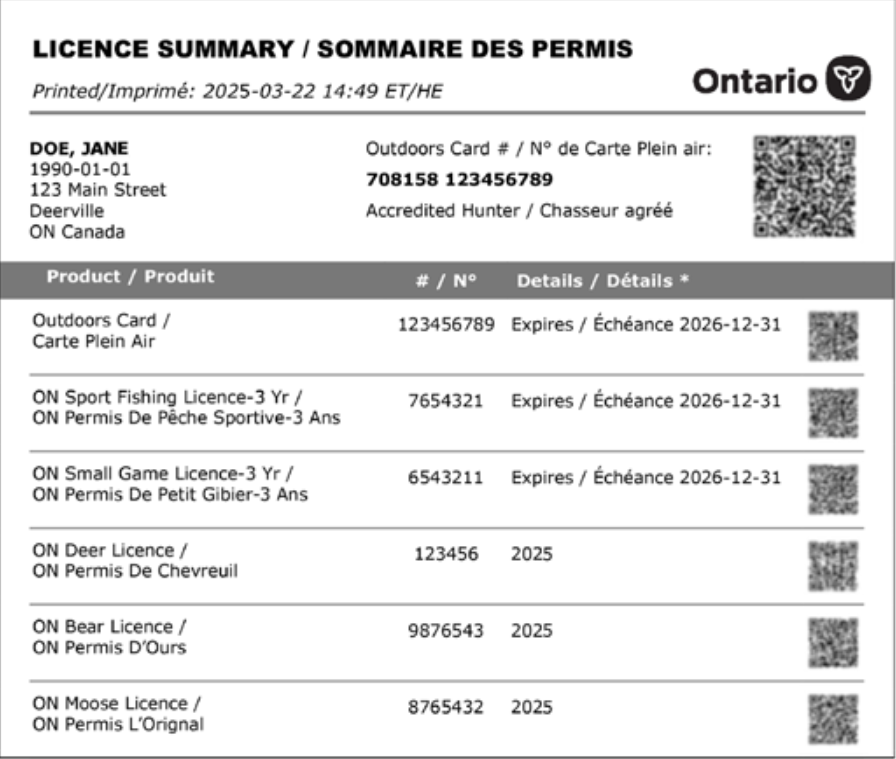
Tips for a Successful Canadian Hunt
A successful hunting trip to Canada, especially for non-residents, requires meticulous planning.
- Start Early: Begin planning your trip well in advance. Some outfitters book up years in advance, and the paperwork for bringing firearms across the border can take time.
- Verify Regulations: Do not assume regulations are the same across provinces. Always check the official hunting regulations summary for the specific province and WMU you will be hunting in.
- Hire a Reputable Outfitter: If you are a non-resident big game hunter, hiring a licensed guide outfitter is not just a good idea; it is often a legal requirement. A good outfitter will handle logistics, provide expert knowledge, and help with the necessary paperwork.
- Prepare for the Border: If you are bringing firearms, complete the Non-Resident Firearm Declaration form in advance but do not sign it. It must be signed in front of a CBSA officer. Be prepared to pay the $25 fee in Canadian funds or by credit card.
- Understand Costs: Factor in all costs, including license fees (which are higher for non-residents), outfitter fees, and travel expenses. A typical hunting trip can be a significant investment.
- Physical Fitness: The Canadian wilderness can be challenging. Many hunts involve long hikes in rugged terrain. Ensure you are in good physical condition to handle the demands of the trip.
- Pack Appropriately: Be prepared for all types of weather. Canada’s climate can change rapidly. Layers of clothing, waterproof gear, and reliable footwear are essential.
Conclusion
Hunting in Canada is an unrivalled experience providing an opportunity to get closer to nature and hunt some of the most formidable game animals in the world.
Non-residents are able to work their way through the paperwork involved with firearms and licensing by learning the provincial and federal regulations. Whereas inhabitants may be assured that they are not behind the local regulations.
You may be a resident who is just visiting your own backyard, or you may be a non-resident who is on a cross-border adventure. A successful and responsible hunt is possible through an enormous amount of planning and respect for the land and the animals. Never compromise the principles of safety, ethics and conservation so that the heritage of good hunting in Canada continues through generations.


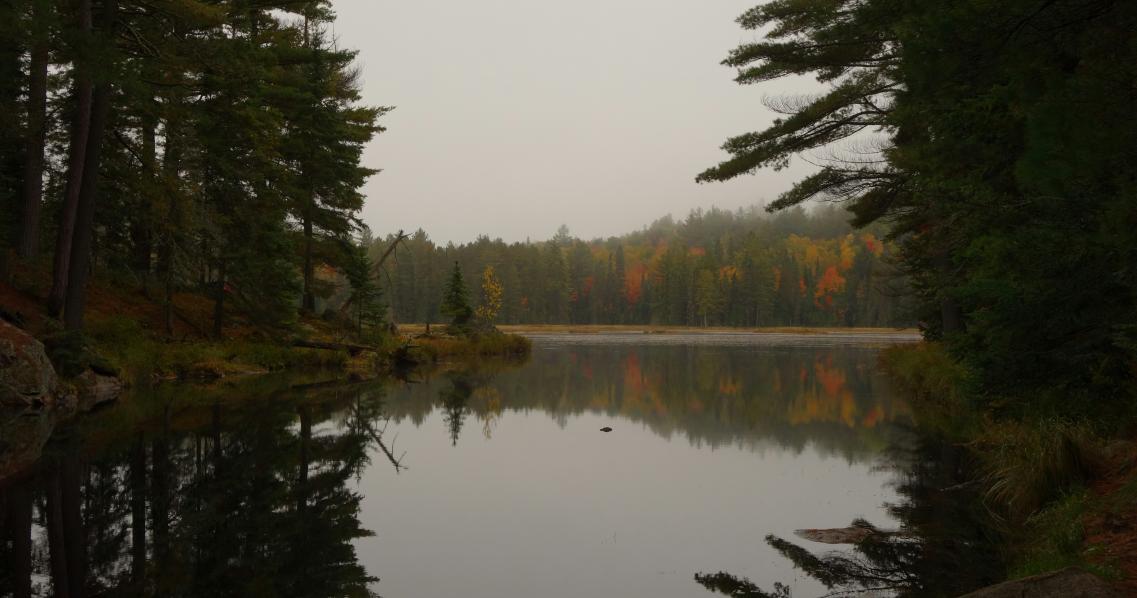
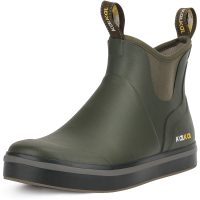
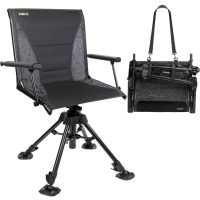
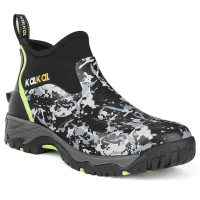

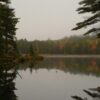
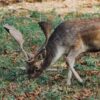
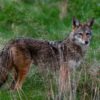
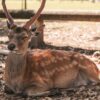
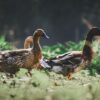
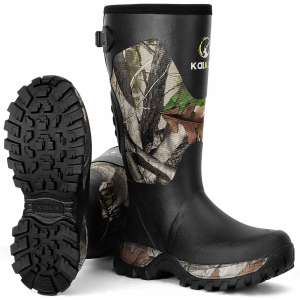
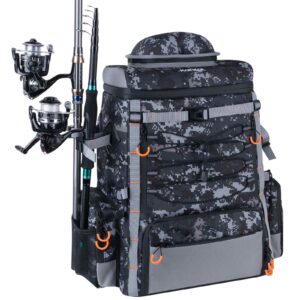
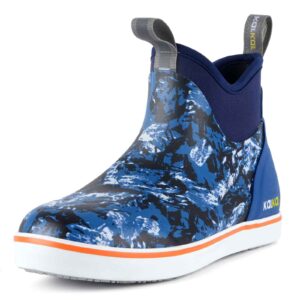

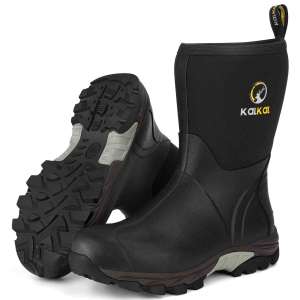
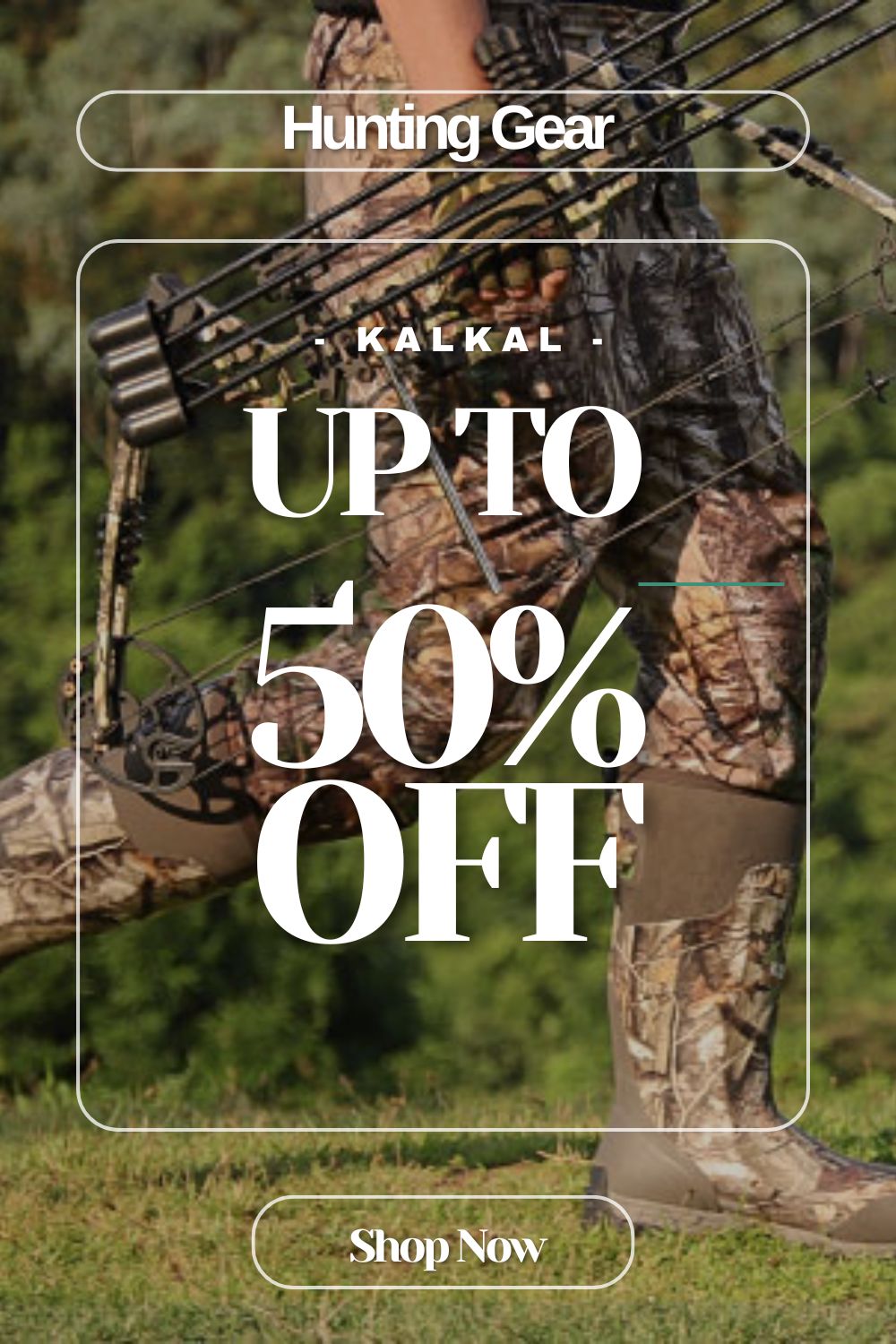

Leave a reply